Editor’s Note: This blog series discusses select case studies, and what makes them interesting, that have been chosen for preliminary research by the Millions Learning project at the Brookings Center for Universal Education.
When it comes to improving the quality of education, we know that teachers matter. The interaction that takes place within the classroom is arguably the biggest factor affecting whether and what children learn. We’ve seen around the world that a “good” teacher isn’t necessarily defined by his or her number of advanced degrees or years teaching; rather, good teachers are adequately prepared, supported, motivated, and compensated.
Quality teaching requires teachers who are well trained and motivated, both before and during their careers. The practice of Lesson Study is one innovative approach to support in-service training that has proven to be effective in various countries around the world.
What is Lesson Study?
Lesson Study is a peer-to-peer learning approach where teachers share knowledge and skills to improve teaching through planning, demonstrating, and assessing lessons. It consists of a fellow teacher planning and observing a lesson followed by a discussion with peers about ways to constructively improve these lessons. Through these conversations, teachers learn techniques to improve teaching methods and develop problem-solving and critical-thinking skills. As a positive spillover, the entire school system is strengthened through encouraging teamwork among teachers and improving the supervision of school managers who participate in the practice.
Lesson Study is originally a common practice of Japanese teachers to share and improve their knowledge and skills. After U.S. researchers wrote a book entitled “Teaching Gap” in 1999, which asserted that the key to Japanese students’ high performance in math was the Lesson Study practice of teachers, the practice received interest from researchers and officials in many countries. Now, the practice is found in more than 50 countries around the world. The Japan International Cooperation Agency (JICA), a technical cooperation organization of the Japanese government, has supported 24 countries in the world in incorporating Lesson Study activities into their teacher education programs.
How did Lesson Study come to Zambia?
One of these countries is Zambia, where the Ministry of Education, Science, Vocational Training, and Early Education is implementing Lesson Study across all ten provinces—reaching around 42,000 teachers out of 91,000 total. Since 2005, the government has worked in partnership with JICA to institutionalize Lesson Study across Zambia as a way of improving primary and secondary math and science instruction. These efforts have focused on around 2,700 primary and secondary schools (out of about 9,000 schools in the country). Through the institutionalization of program guidelines in national policy and budgetary plans, the ministry requires each school to conduct monthly lesson study cycles. The program is jointly financed, with the Zambian government contributing $11.85 million and the Japanese government $2.75 million from 2005-2013.
Internal and external evaluations have shown that with Lesson Study, pupils have more opportunities to conduct hands-on activities, improve critical thinking, and develop teamwork and presentation skills. As teachers’ approaches to teaching have evolved from the more traditional “chalk and talk” method to an inquiry-based approach, the process of students’ learning has also transformed from rote memorization to creative thinking. Impact evaluations found that as a result of improvements in teacher’s teaching skills, students’ pass rates on national grade 12 exams improved in Zambia’s Central province (where Lesson Study was implemented at the time). After three years of introducing Lesson Study in Central province, students’ pass rates on science exams were 12.4 percent higher than in schools without Lesson Study.
Why is Lesson Study of interest to Millions Learning?
For Millions Learning, we are interested in understanding how a Japanese model of continuing professional development (CPD) for teachers has been expanded and adapted around the world. So far, it seems four features stand out from Lesson Study as particularly interesting:
-
- Ensuring national ownership and sustainability. Lesson Study was not imposed onto Zambia, but rather invited as part of a response to national reforms aimed at improving the quality of teaching. The Zambian government had a vision for improving the quality of education and Lesson Study was one tool to achieve it. Lesson Study doesn’t require building new and costly structures for implementation; it works through existing administrative structures for school-based training programs. Today, JICA provides ongoing technical support through periodic trainings for lead teachers, education officers, and school heads; material development; and other capacity strengthening. The vast majority of the financial resources come from Zambian government. From the beginning, Lesson Study has been designed to complement the existing Ministry of Education in-service training program, not as an external, short-lived donor project.
- Taking a phased, long-term approach. Lesson Study in Zambia did not scale overnight. It took a step-by-step approach over 10 years to cover all provinces. This expansion of Lesson Study follows the “School-Based CPD Master Plan” designed by the Zambian government for the period of 2006-2023. JICA has remained a constant partner throughout these 10 years. This contrasts with the average donor engagement of 613 days from start to completion. This long-term commitment and phased approach by all partners has been an important aspect to Lesson Study’s success.
- Approaching teaching as a learning process. Lesson Study is not designed as a linear training course but a continuous cycle of experimentation, practice, learning, and revision. This concept of continuous learning and adaption is critical for successful scaling and often absent in large systems and institutions. As shared by JICA’s chief adviser in Zambia, Mr. Kazuyoshi Nakai, “Lesson Study is a learning framework which gives an opportunity to teachers to continuously study and thereby improve on their practice.” In Zambia, the general three-step Lesson Study cycle has been expanded into eight steps as outlined in Figure 1.
Figure 1. The cycle of Lesson Study in Zambia
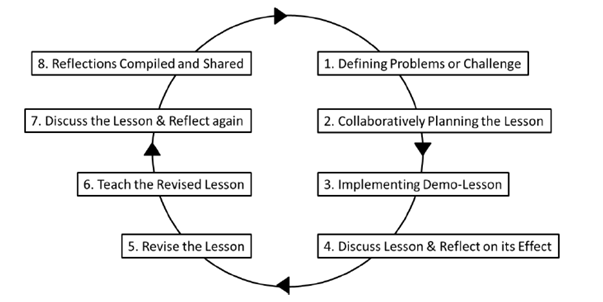
Source: Zambian Ministry of Education, 2010.
- Changing mindset from training to supporting learning. In Japan, Lesson Study is not considered a method of training, but a practice of collaborative learning. The “trainers” are not lecturers or professional facilitators but teachers themselves. This change of mindset might be one of the keys for scaling up the practice to large numbers of teachers. It approaches teachers as the key change agents. Regardless of teachers’ existing knowledge and skills, Lesson Study recognizes that they might have ideas and experiences within the classroom that can be shared with other teachers.
The Millions Learning team is currently in Zambia visiting schools that implement Lesson Study and meeting with teachers participating in the process, government officials, JICA, and others working for education reform in the country. We look forward to sharing more of what we learn and, as always, welcome your feedback.
I am grateful to Sheikh Tanjeb Islam, Haeyeon Jung, Kazuyoshi Nakai, Ainan Nuran, and Marijke Gilmour Schouten for their kind assistance with the research supporting this blog. The Japan International Cooperation Agency (JICA) is an ongoing research collaborator with the Global Economy and Development program at Brookings. Brookings recognizes that the value it provides is in its absolute commitment to quality, independence and impact. Activities supported by its donors reflect this commitment and the analysis and recommendations are not determined or influenced by any donation.
The Brookings Institution is committed to quality, independence, and impact.
We are supported by a diverse array of funders. In line with our values and policies, each Brookings publication represents the sole views of its author(s).

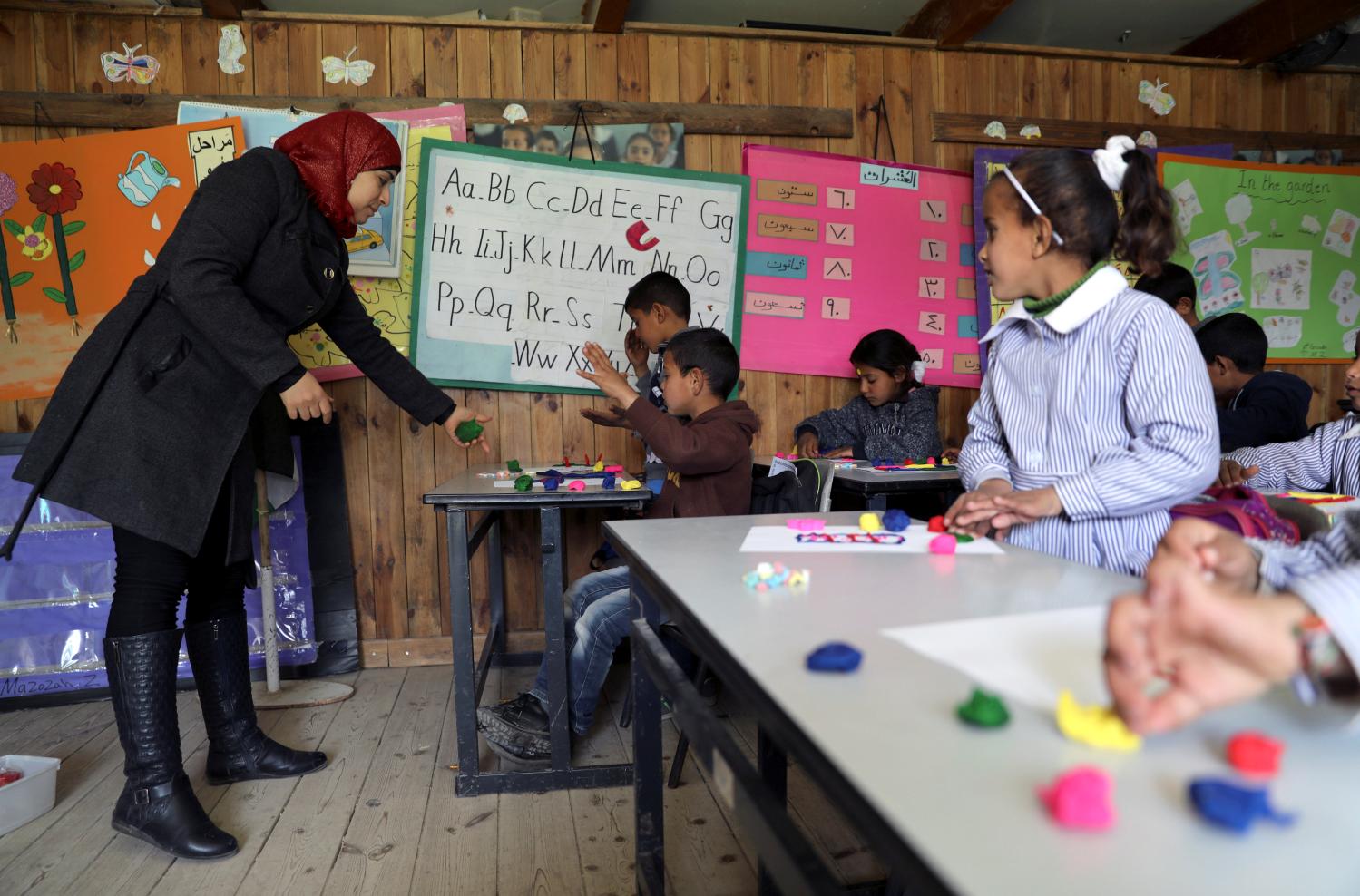
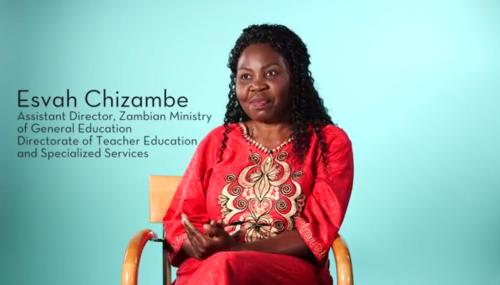
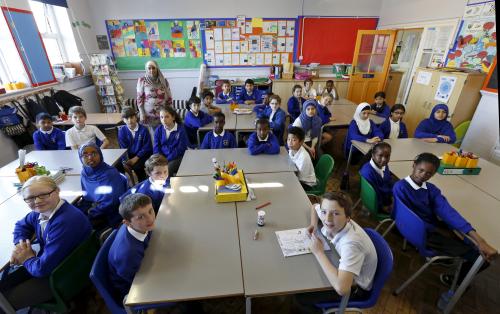


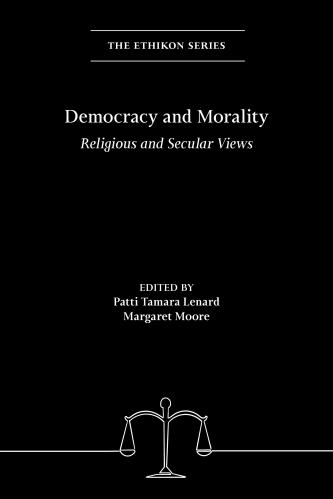





Commentary
Getting millions to learn: How did Japan’s Lesson Study program help improve education in Zambia?
March 25, 2015